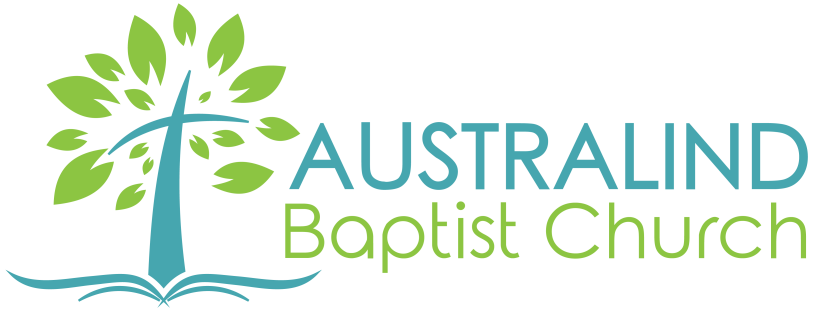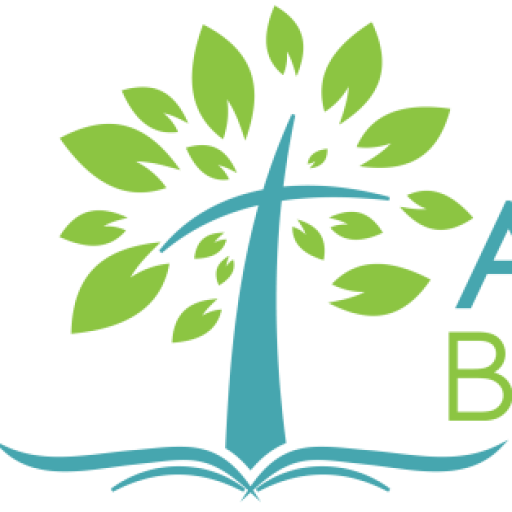- In a dry and weary land
Psalm 63
David was everybody’s favourite, the champion who fought their battles, the only one who could calm Saul’s temper and the close friend of Johnathon, the king’s son. But everything went wrong, he fell out of favour with Saul and had to flee, leaving his wife and family behind. The years that followed are sometimes called his wilderness years. There was both a physical and spiritual desert he had to deal with. This psalm is probably written while he was in those wilderness years.
David had enjoyed being the centre of worship, and the hero to the people, he was accustomed to being looked up to and having his successes celebrated, now things were different. Not only did he miss the comforts of the palace and the benefits that came from being included in the royal household, but he missed being able to worship with the people. For David this was the greater loss. He writes that he was in a dry and thirsty land and the only thing that could satisfy him was to be restored to his relationship with God.
Many men and women of the bible went through their own wilderness experiences. Moses spent 40 years after fleeing Egypt, and another 40 leading the people of Israel, Elijah hid in a cave and Jesus was led into the wilderness for 40 days. While it is improbable that you or I will endure the same test as Moses, it is likely that we will be found in our own desert.
The desert can be a place of testing. God might take us through times of dryness to test us, to see where our motivation really lies. Will we still love and serve him without the recognition or results we seek? God also leads us into and through the desert to help us to grow. John the Baptist remained in the desert, where he grew and became strong in the Spirit so that he would be prepared when he appeared in public . We often do our best growing in the desert, the place where we have to deal with the harshness and severity of circumstances. The place where our character is formed and we grow to maturity.
God may lead us into the desert is to give us rest. Sometimes the only way we will rest is if we are forced to it! On occasion God takes us aside so that we will rest – he knows our limits better than we do and if we don’t take time out, his Spirit may well lead us into the desert where we have no choice. God also uses the desert to restore to us something we have lost. He will use dry times to bring us back into the joy of his presence. He may use our dry times to get us ready for what is to come. It is a place where our desire is heightened and where we develop a thirst for the streams of God.
David was in the desert and he longed to leave it, to have his vitality and energy restored. You may be in your own desert, God has led you there, and he will lead you out. Restored, refreshed and full of enthusiasm. Wait for him, he will do it!
- Have you ever been in a spiritual desert?
- Are you in one now?
- Why do you think God may need to take you into the wilderness?

